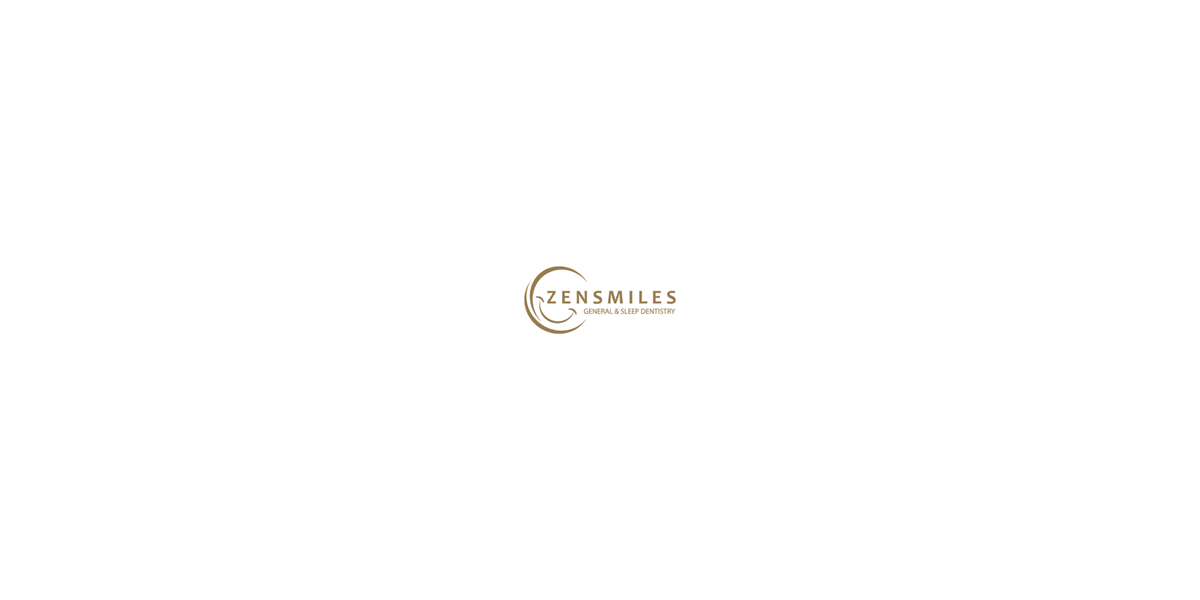Dentistry and sleep apnea management

Ditch the Mask, Embrace the Smile: A Deep Dive into Dental Sleep Apnea Devices
Sleep apnea, that nightly nemesis, can leave you feeling like a zombie by day. But if the thought of a CPAP mask sends shivers down your spine, fear not! Dental sleep apnea devices offer a mask-free path to better sleep. Let's delve into the world of these innovative mouthguards and see if they're your snoring savior.
The Silent Sentinels: What are Dental Sleep Apnea Devices?
Imagine a custom-made mouthguard that resembles a retainer, but instead of straightening teeth, it gently nudges your jaw forward. That's the essence of a dental sleep apnea device. These marvels, also known as Mandibular Advancement Devices (MADs), work by keeping your airway open during sleep, preventing those pesky breathing pauses.
How do they work their magic?
By subtly repositioning your jaw and tongue, MADs create more space in your airway, preventing blockages and ensuring smooth airflow. Think of it as gently propping open your airway door, so sleep can flow freely.
Who are the ideal candidates?
MADs are most effective for mild to moderate obstructive sleep apnea, particularly for those who:
Can't tolerate the CPAP mask: Let's face it, masks can be claustrophobic and uncomfortable. MADs offer a welcome escape from the mask struggle.
Travel frequently: Their compact size makes them perfect for tossing in your bag and conquering sleep apnea on the go.
Have an active lifestyle: Unlike masks, MADs allow for natural mouth movement, making them ideal for athletes and anyone who enjoys talking or singing in their sleep (we won't judge!).
Are there different types of MADs?
Yes indeed! The world of MADs offers various options to fit your unique needs and preferences. Some are fixed, while others are adjustable, allowing you to fine-tune the jaw advancement for optimal comfort and effectiveness.
What are the pros and cons of MADs?
Pros:
Mask-free freedom: Enjoy the comfort and convenience of sleeping without a mask.
Portable and travel-friendly: Take your sleep treatment anywhere you go.
Silent operation: No more disruptive noises to disturb your partner's sleep.
Potentially cost-effective: Depending on the device and insurance coverage, MADs can be a more affordable option than CPAP machines.
Cons:
Not as effective for severe apnea: For more complex cases, CPAP might be a better choice.
May require adjustments and getting used to: Finding the right fit and getting comfortable with the device might take some time.
Not suitable for everyone: Certain jaw or dental conditions might make MADs unsuitable.
So, are MADs right for you?
Consulting your doctor or dentist is key! They can assess your sleep apnea severity, jaw anatomy, and dental health to determine if MADs are a good fit for you. Remember, a personalized approach is crucial for optimal results.
Conquering sleep apnea doesn't have to be a masked adventure. Dental sleep apnea devices offer a comfortable, convenient, and potentially mask-free path to better sleep. Explore your options, talk to your doctor, and reclaim your nights from the clutches of sleep apnea!